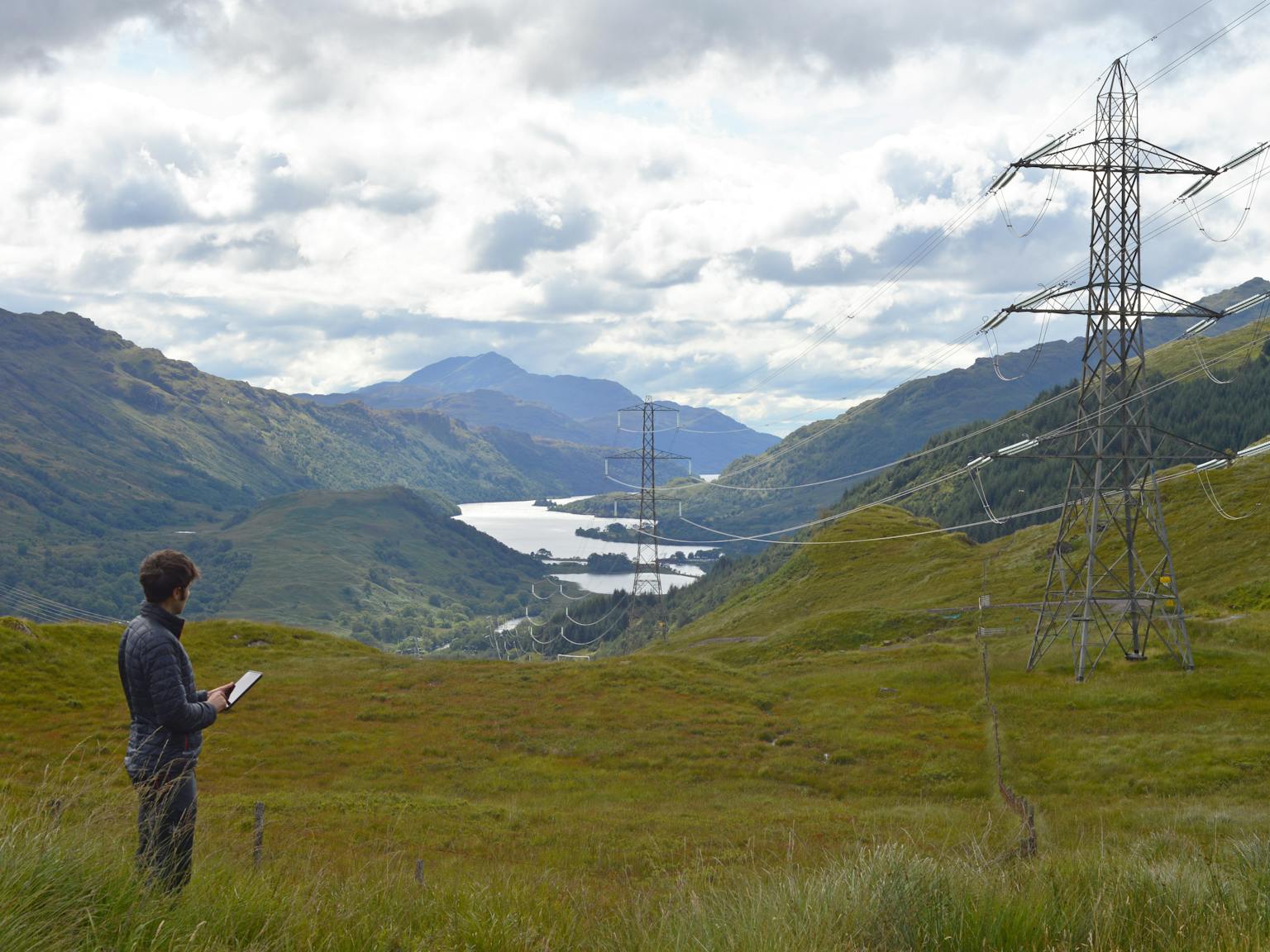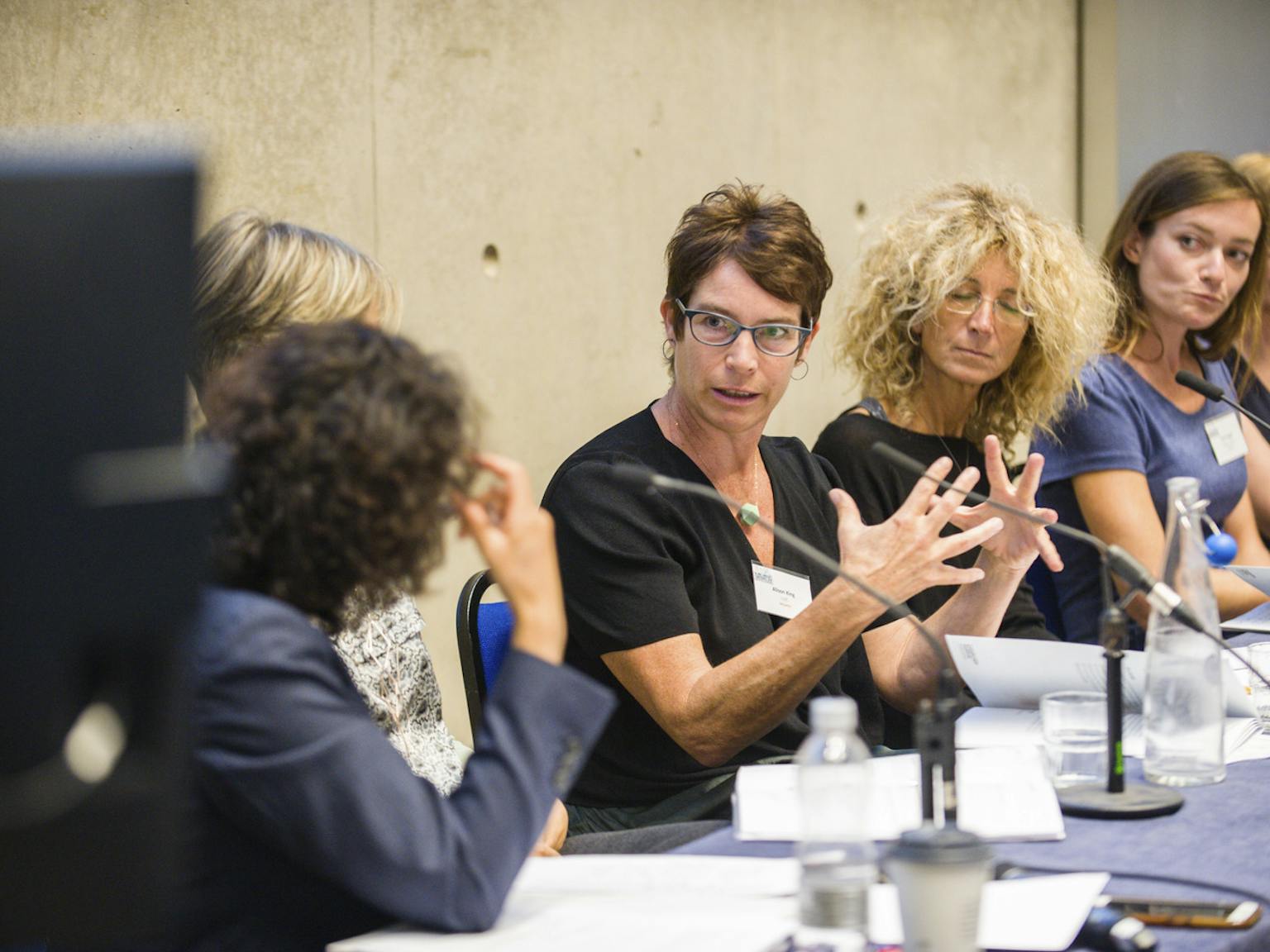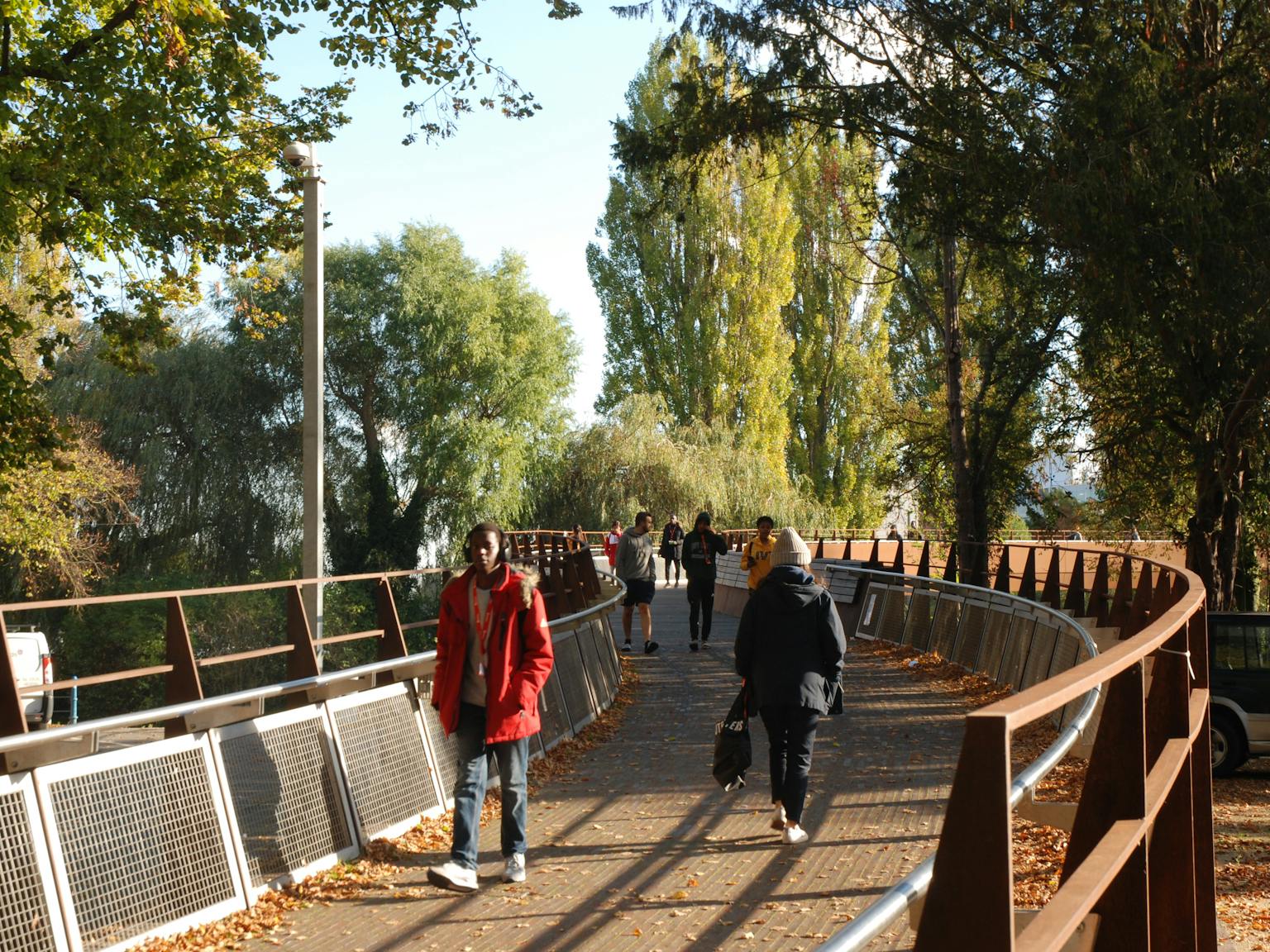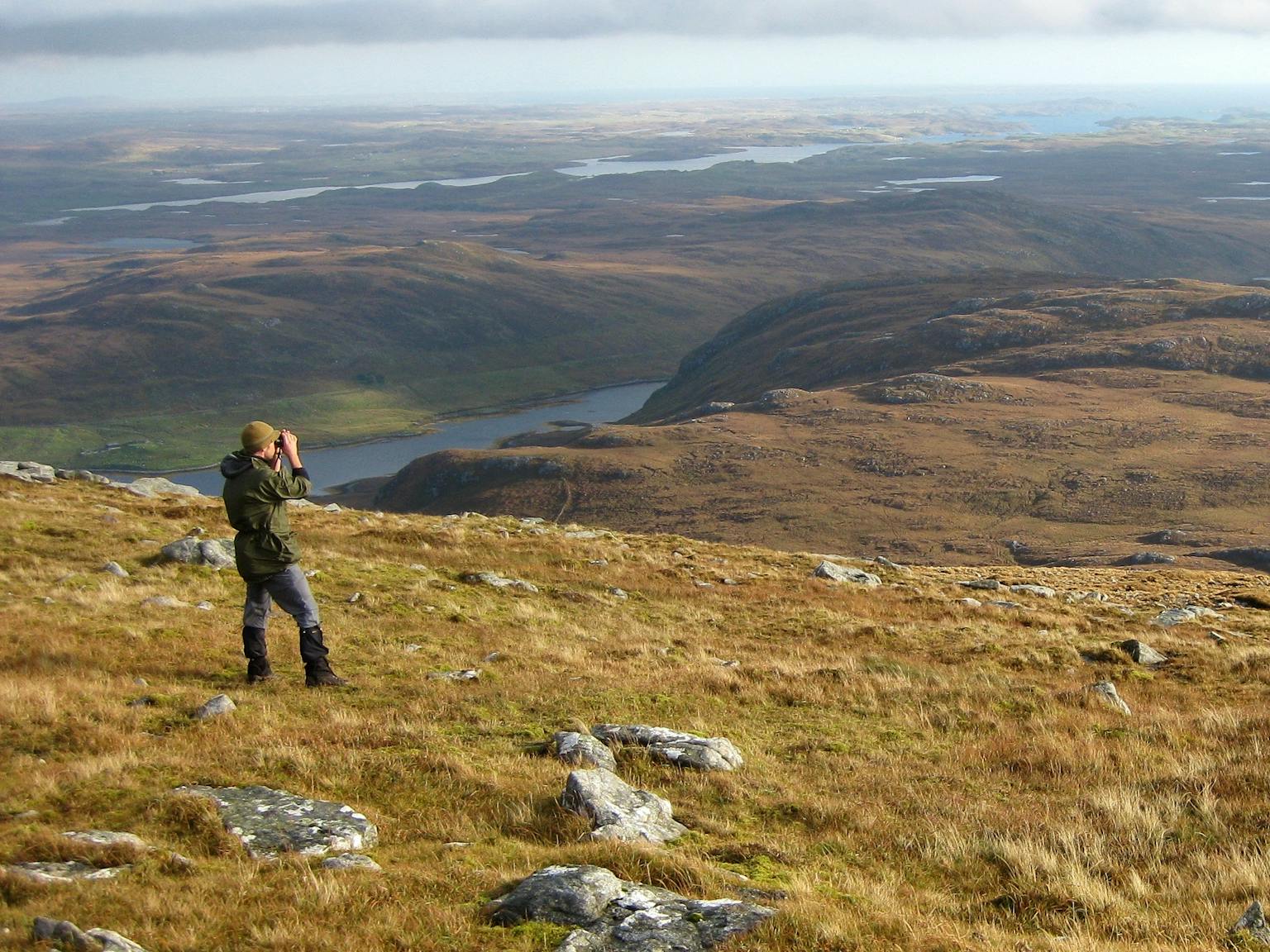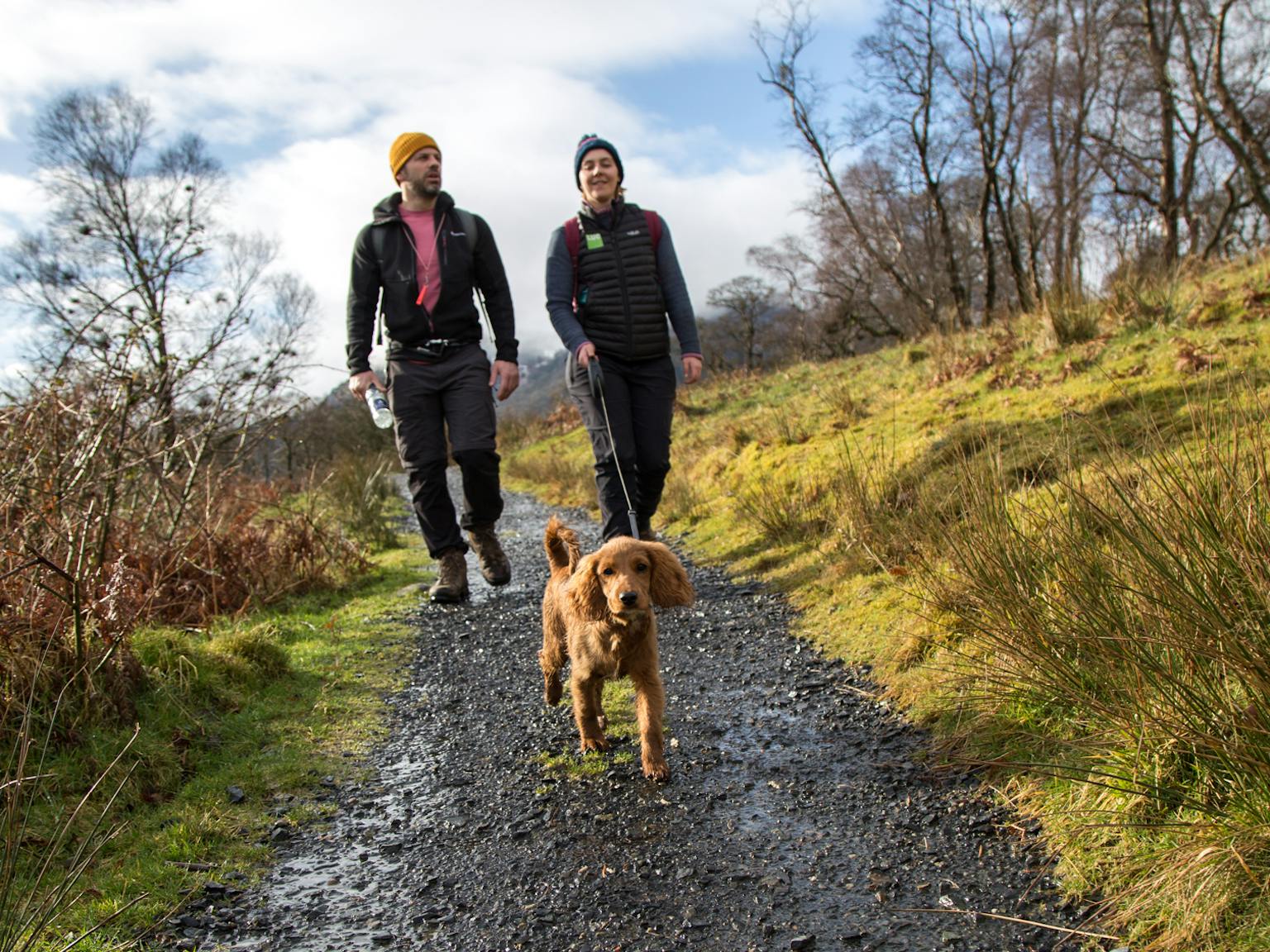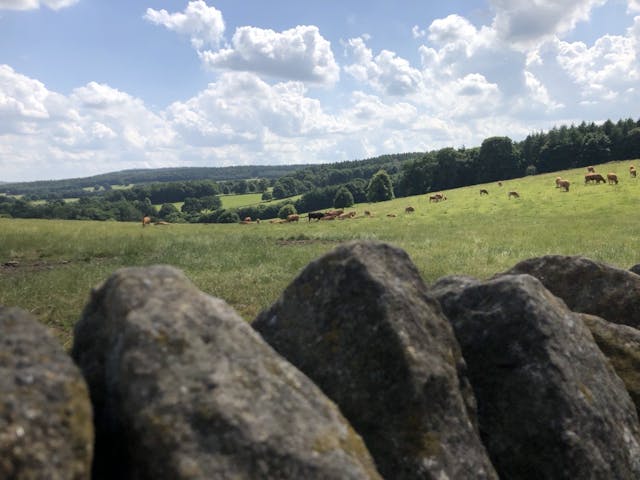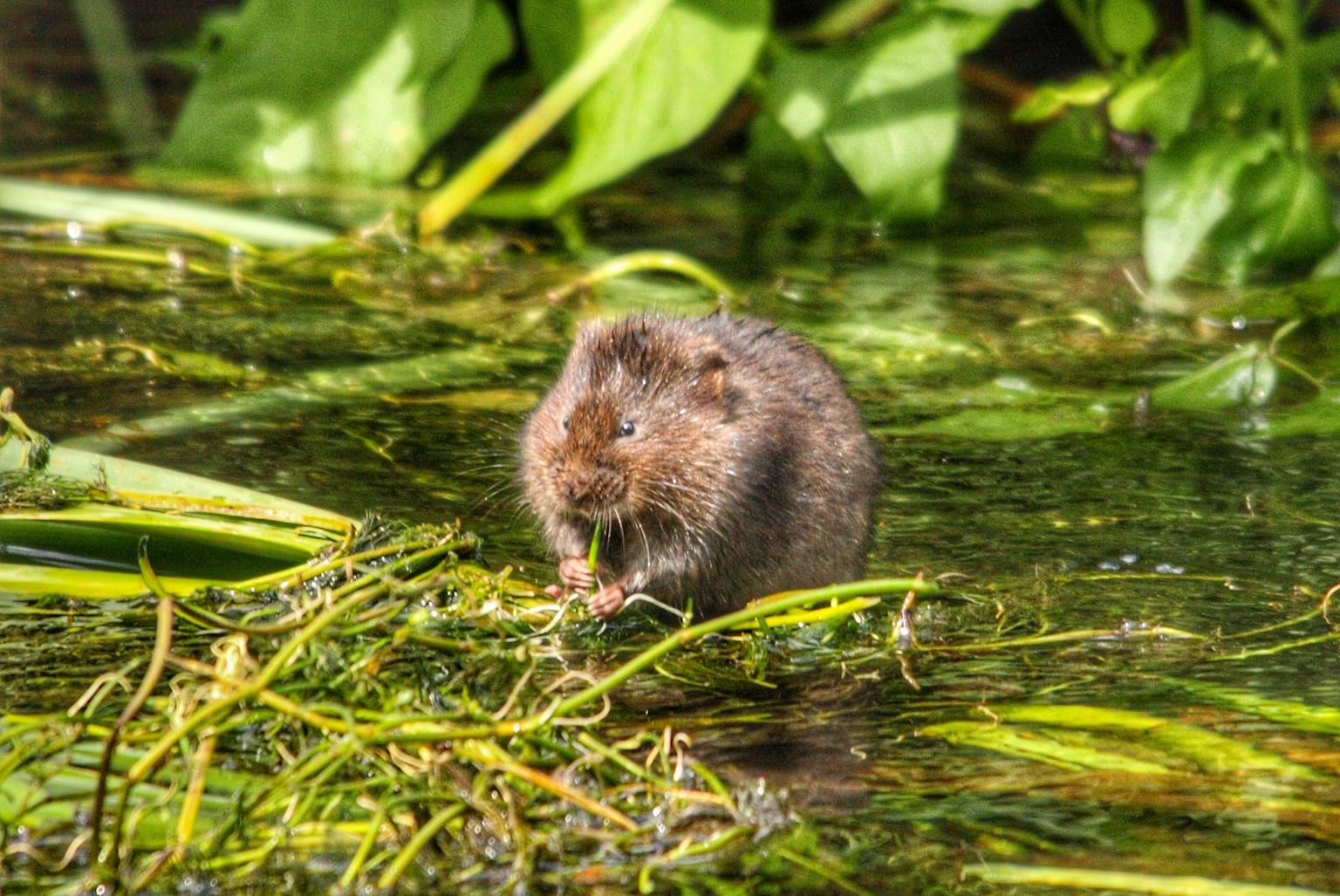
Biodiversity Net Gain delays – LUC’s response
It has been a busy couple of weeks in the world of ecology. Now the furore has died down and we have had time to digest the news in our profession, we wanted to take the time to consider what recent announcements mean and how we’re advising our clients in light of them.
Last week the UK Government announced that the launch of mandatory Biodiversity Net Gain (BNG) was going to be pushed back from November 2023 to January 2024.

Introduced in the Environment Act 2021, BNG laws will guide land developers to leave the natural environment, wildlife, and habitats in a better state than before. Landowners, developers or Local Planning Authorities (LPAs) must aim to deliver at least a 10% biodiversity net gain. They can do this by avoiding loss of habitat on the land they want to develop or creating habitat on or off-site.
Many ecologists, local authorities and developers have been diligently preparing for (and often implementing) BNG ahead of the mandatory roll-out. The decision to delay felt emotional for many, especially on the back of various other government announcements, which some felt were rolling back previous promises made about Net Zero and nature recovery. The announcement was also made on the same day the State of Nature Report 2023 was released, which paints a bleak picture of the continuing decline of UK Wildlife. Biodiversity data shows a 19% decline in terrestrial and freshwater species.
BNG is one of the proposed solutions to biodiversity loss, and according to the Department for Environment, Food & Rural Affairs (Defra), implementation will now start in November 2023, and be mandatory for large developments from January 2024, and small sites from April 2024.
The government has reassured the public that they are still committed to BNG and by November we should have access to additional guidance and updated report templates.
While frustrating, this delay will give our profession, local authorities, and government time to prepare. Guidance and regulations will be less rushed, and we can have some breathing space to work with clients to align biodiversity strategies and become more BNG-ready.
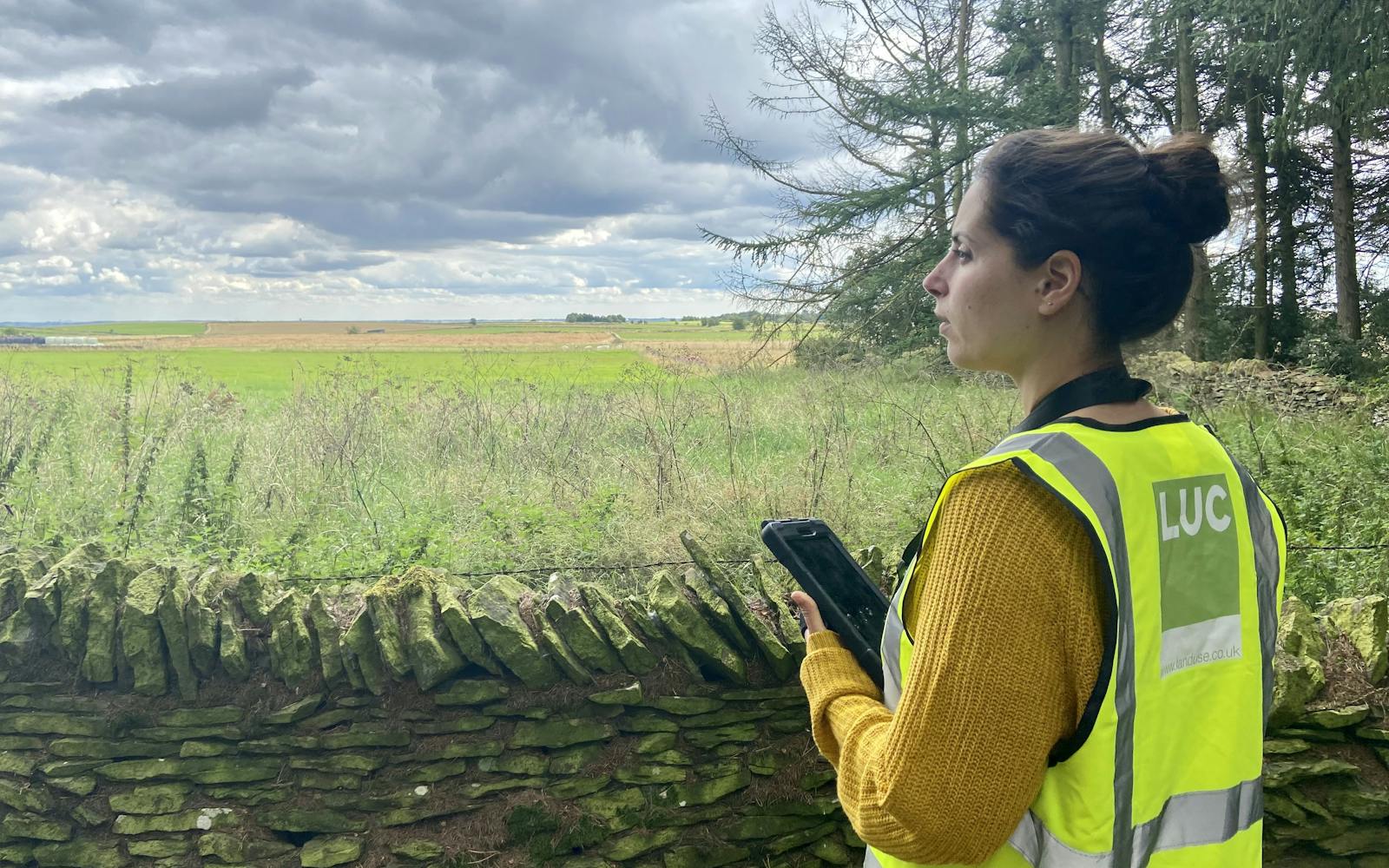
Our approach to ensuring our clients achieve the best biodiversity outcomes will not change despite the delay. We continue to use the most appropriate version of the metric for existing and new projects. Version 4.0 has been extensively reviewed in-house by our team of ecologists who have successfully implemented BNG schemes across a variety of sectors.
Our expertise lies in our ability to advise our clients from a project’s inception, guiding client teams through optioneering and scoping through to detailed design, ensuring risks and opportunities for BNG are explored at the earliest stages of communication or design.
LUC recognises that our client base, in particular Local Planning Authorities and those progressing Development Consent Order schemes, will face frustration and confusion in the wake of the decision to delay mandatory BNG. However, as the government remains fully committed to this next step our advice stays the same. As we find ourselves amid a climate and biodiversity crisis, we must use the biodiversity metric as an important tool to go above and beyond the minimum requirements to create better-connected, climate-resilient landscapes.
We draw upon our extensive applied and strategic ecological expertise, as well as the advice and guidance of our landscape and planning colleagues to help our clients better understand the need for early intervention and forward planning.


